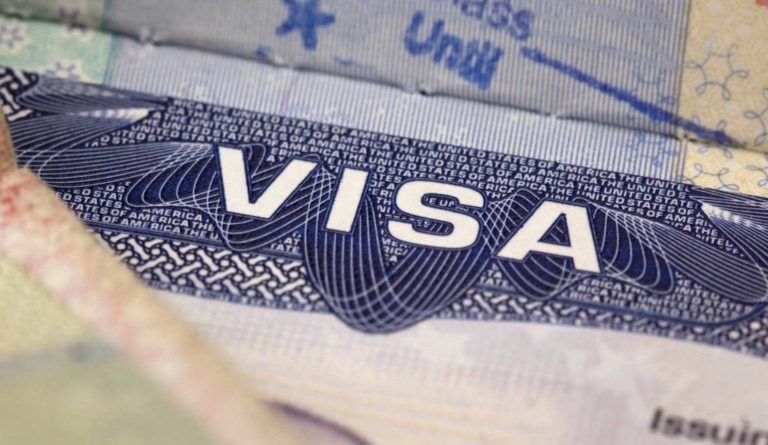OPINION-US VISA | IMMIGRATION CORNER- Petitioning a parent charged with fraud

Many US citizens want to petition their parents to join them in the US. They are grateful to their parents for giving them life on this planet, and they hope to repay them in some small way by giving their parents life in the US. Or they may have recently had a baby, and the parents would be the perfect nannies while they went to work.
But what happens if one of the parents committed fraud or was charged with it in the past? They may have applied for a visitor visa and lied on the application, or they may have submitted manufactured documents and been caught. Now, that fraud is on their record.
When the parent eventually goes to the embassy for their immigrant visa interview, the old fraud comes up and the immigrant visa is refused because of that fraud. The whole family is devastated, because now dreams are crushed and the future is uncertain for that parent.
Is there hope? Is there anything that can be done? I have encountered this very situation on many occasions, and while I am not guaranteeing results or success, there are several things that can be done. Basically, what can be done is to have the other parent immigrate first and then file a fraud or hardship waiver for the remaining parent.
By way of background, if a person commits fraud, they are considered “inadmissible” or ineligible to receive a visa. Before 1996, the fraud would be erased from their record after 10 years. But in 1996, President Clinton signed a law stating that the fraud stays on the person’s record forever.
Now, the person would need to file a fraud or hardship waiver, basically asking USCIS (US Citizenship and Immigration Services) for “forgiveness” by demonstrating that a “qualifying relative” would suffer “extreme hardship” if the person is not allowed to immigrate.
“Qualifying relative” for purposes of fraud waivers includes a spouse or parent who is either a US citizen (USC) or a lawful permanent resident (LPR). “Extreme hardship” can be a very confusing and complex concept and is difficult to document and prove. In fact, there is a whole chapter in the USCIS policy manual discussing extreme hardship, what factors are taken into consideration and the type of proof necessary. One of the main factors is demonstrating how the qualifying relative would suffer extreme hardship if they had to “relocate” from the US or the hardship of “separation.”
In the situation we are discussing, where a US citizen child is petitioning a parent who was charged with fraud, the parent may not have a “qualifying relative” to enable them to file a hardship waiver. They may not have parents who are citizens or immigrants, and they were intending to immigrate along with their spouse.
.
However, in order for there to be any kind of hope or chance of success, they must have a qualifying relative, or they cannot file a fraud waiver. That is why I suggest in these situations that their spouse (the other parent of the US citizen child) immigrate first and become a lawful permanent resident. As soon as they have their green card, they now become a “qualifying relative,” enabling the other parent (who was charged with fraud) to file a hardship waiver. While they may be temporarily separated, that brief period of separation, I think, is well worth the sacrifice to enable both parents to finally immigrate to the US.
If this situation applies to you, your family or even someone you know, I would suggest you consult with an attorney who can evaluate the situation and recommend the best course of action, including helping you gather documents, prepare declarations, and file a hardship waiver.
WEBSITE: www.gurfinkel.com
Follow us on Facebook.com/GurfinkelLaw, YouTube: US Immigration TV and Instagram.com/gurfinkellaw
Four offices to serve you: Los Angeles; San Francisco; New York: Toll free number: 1-866-GURFINKEL (1-866-487-3465); Philippines: +632 88940258 or +632 88940239
 Ads by: Memento Maxima Digital Marketing
Ads by: Memento Maxima Digital Marketing
@[email protected]
SPACE RESERVE FOR ADVERTISTMENT


 Memento Maxima Digital Marketing
Memento Maxima Digital Marketing






